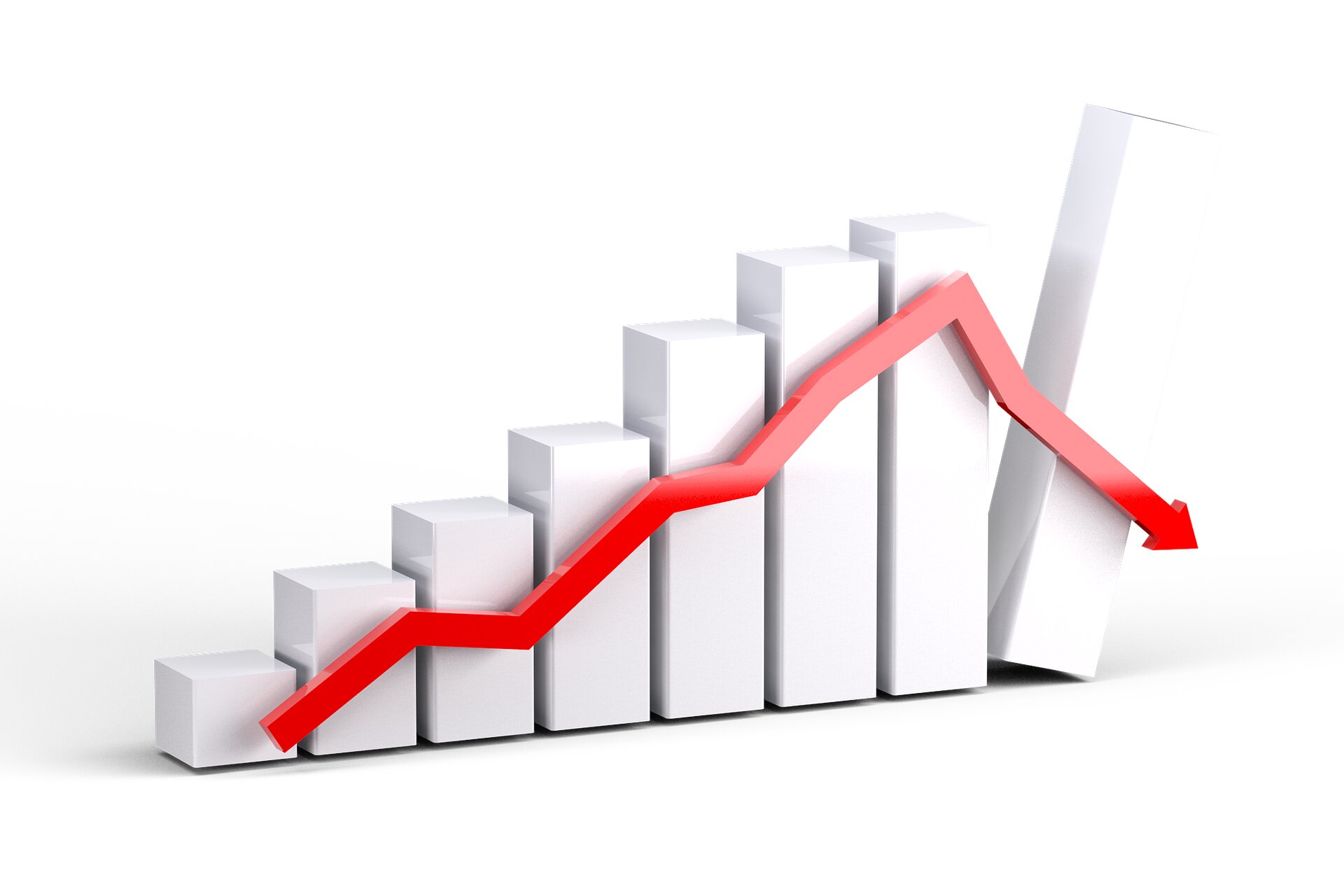
Coronavirus was first introduced in China, Huwan State, dispersed rapidly throughout the world by extremely influencing the economy. As a result, many countries locked their borders down, cancelled flights and commanded citizens to stay at home which brings a huge burden on the world’s economy. The report from the United Nations estimated that over half a billion people will be exposed to extreme poverty due to COVID-19 pandemic.
According to a study published by Ethiopian Economic Association, if the coronavirus extends for months, many people may become unemployed. The study conducted by Ethiopia Job Creation Commission also predicts that if the virus is not put under control in six months, over 60 per cent of citizens working in the manufacturing sector will be unwaged. Of the nine million people who worked in the service sector, three million are expected to lose their job, the study depicts.
Conversely, the measure taken so far to withstand COVID-19 is harming the economy of many countries including Ethiopia. Accordingly, the country’s export performance declined as many recipient countries Closed their doors due to the pandemic.
What is more, besides the decrease in the tourist and foreign direct investment inflow, the restriction in the movement of people will pose a huge challenge for the economy, said Africa Chamber of Commerce Chief Executive Officer Kibur Gena. Presently, trade activities directly related to food and beverages are diluted. As a result, factories have reduced production.
As to him, if the problem continues as it is, a huge economic crisis will occur as many people become jobless and this would escalate the rate of poverty more than ever before.
Recalling that the government has decreed a State of Emergency in order to halt the expansion of the virus, he said this may create anxiety among the public and dilapidate the economy rapidly. “In order to control it, we have to be able to quickly return to previous socioeconomic activities. But here, all citizens should respect the preventive measures taken by the government.”
In order to prevent the spread of the virus, many countries such as Italy, France, Germany and others have ordered their citizens to stay at home. These countries passed such a decision taking their economic potency into consideration.
On the other hand, many countries such as China, Korea, Sweden, Mexico and Cuba have been applying preventive measures while allowing economic activities to continue. This is a good move.
It will have severe economic consequences to fully halt all economic activities. “As we aren’t deadly sure about when the virus will be clogged, Ethiopia should pursue steps taken by these countries. In the meantime, we have to be able to protect elderly people and those with other diseases that make them exposed to the deadly effects of COVID-19.
Kibur believes that the economy cannot be revived by providing loans alone. In order to control the dissemination of the virus, other countries closed ports; banned airplanes from arriving at their territories; terminated investment projects; and restricted movement of people which in turn significantly reduced the volume of trade. But in Ethiopia’s case, the most important step is alerting the public to take all the necessary measures in the fight against the virus.
The government has to take special measures on the three major economic pillars which are agriculture, industry and services sectors. Especially, the agricultural products produced for local consumption have not been facing a market shortage. Thus, the government should work harder to further strengthen the sector. Relatively, the service and industry sectors have been affected more following the decision. Now, many of the sectors’ employees are staying at home. “Though the government ordered the private sector to pay a monthly salary for its employees, if things continue as it is, it would become difficult to continue to do so.”
Indicating that the two sectors will face difficulties to recover quickly, Kibur advises that it would be better to improve access to finance to the service sector. He also added that industries should also continue to produce for the local market. On the other hand, though it is possible to buy and sell locally produced goods, they will face difficulties in terms of importing raw materials continuously. Thus, the country should be ready to manage the challenges.
“Despite the ongoing reform process which gives a lot of room for the private sector, the time demands an increased role and involvement of the government in the industry,” Kibur says. It has to particularly prepare a plan by prioritizing selected sectors.
As to the economic expert, the government should be in front lines to recuperate the economy.
The Ethiopian Herald May 21/2020
BY GIRMACHEW GASHAW





